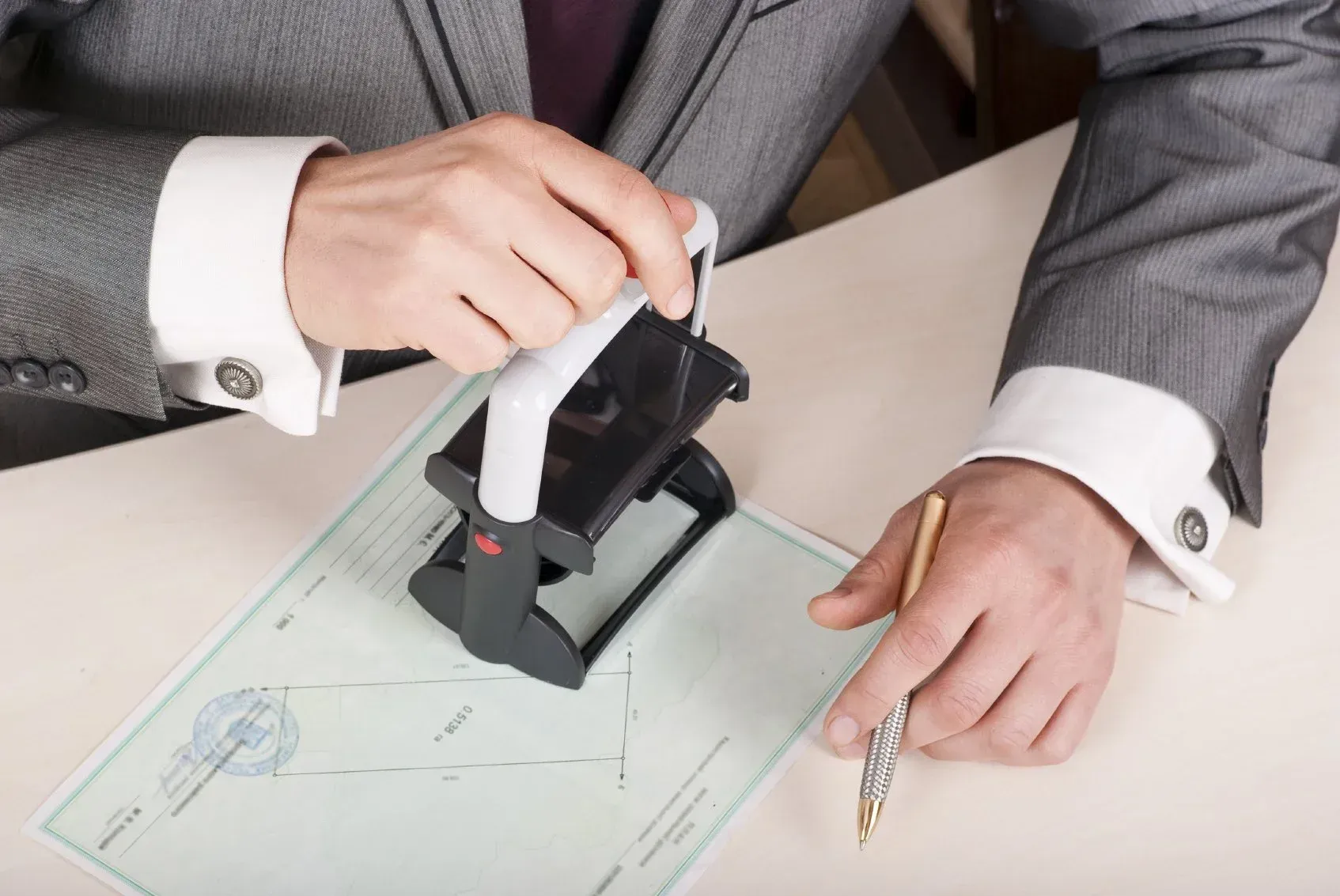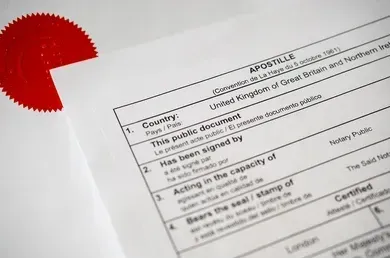DON'T KNOW WHERE TO START?
1. Find out if you are eligible
Eligibility criteria for Italian citizenship by descent
1. You descent from Italians
The applicant must have an ancestor who was formally recognized as an Italian citizen (e.g., born in Italy).
2. Verify the ancestor's death date
The 1861 Rule: This Italian ancestor must have passed away after 17 March 1861 (the date of Italy's unification).
3. Was there a naturalization?
The 1912 Rule: Ancestors naturalized on or after August 15, 1992 transmit their citizenship, but they must not have naturalized before July 1, 1912, otherwise they could not transmit citizenship to their children even if they were born before their naturalization (the child must be over the age of 21 to transmit citizenship). If your ancestor naturalized in your home country between July 1, 1912 and August 15, 1992, and if their national-born child was already born, you may qualify for citizenship.
4. Are there any females in your bloodline?
If any of your Italian ancestors along the direct bloodline was a woman, then we need to make sure her son/daughter was born AFTER 1948. Otherwise, if she gave birth to her descendant before 1948, the available procedure to obtain formal recognition of Italian citizenship is a judicial proceeding before the Tribunal of Rome. A consular or town hall application therefore is not possible.
2. Prepare your documents
3. Apply
There are 3 main ways of applying for Italian dual citizenship by decent:
- Applying at a town hall in Italy
Applications deposited at a town hall in Italy is the fastest way of applying for citizenship, allowing you to get your Italian citizenship just in a few months.
- Applying at a local consulate in your home/residency country
Consulate-level citizenship applications usually take from 2 to 7 years for processing in the US, and even over a decade in Brazil.
- Applying via court
An application via judicial court is not a choice, it's the sole route for those whose female relative's son or daughter was born before 1948.
HOW CAN WE HELP?
DON'T EVEN KNOW WHERE TO START?
We have a workshop just for you!
No matter in which stage you are at,
we can help you get started
1. Getting to know you
- getting to know each other
- finding where you are with things for your citizenship application
- knowing your needs
- finding out how we can support you
2. Choosing the right path for you
- presenting you the complete step by step journey according to the citizenship route you'd like to take
- picking a citizenship and/or housing package as per your needs
3. Clarifying all your doubts
- clarifying all your doubts and questions
- or jump right into the pressing points you have in mind!
4. Getting started!
- we discuss and agree on a plan for you
- we'll sign a contract
- you'll make the payment
- we'll get you on track to get your Italian citizenship as soon as possible








